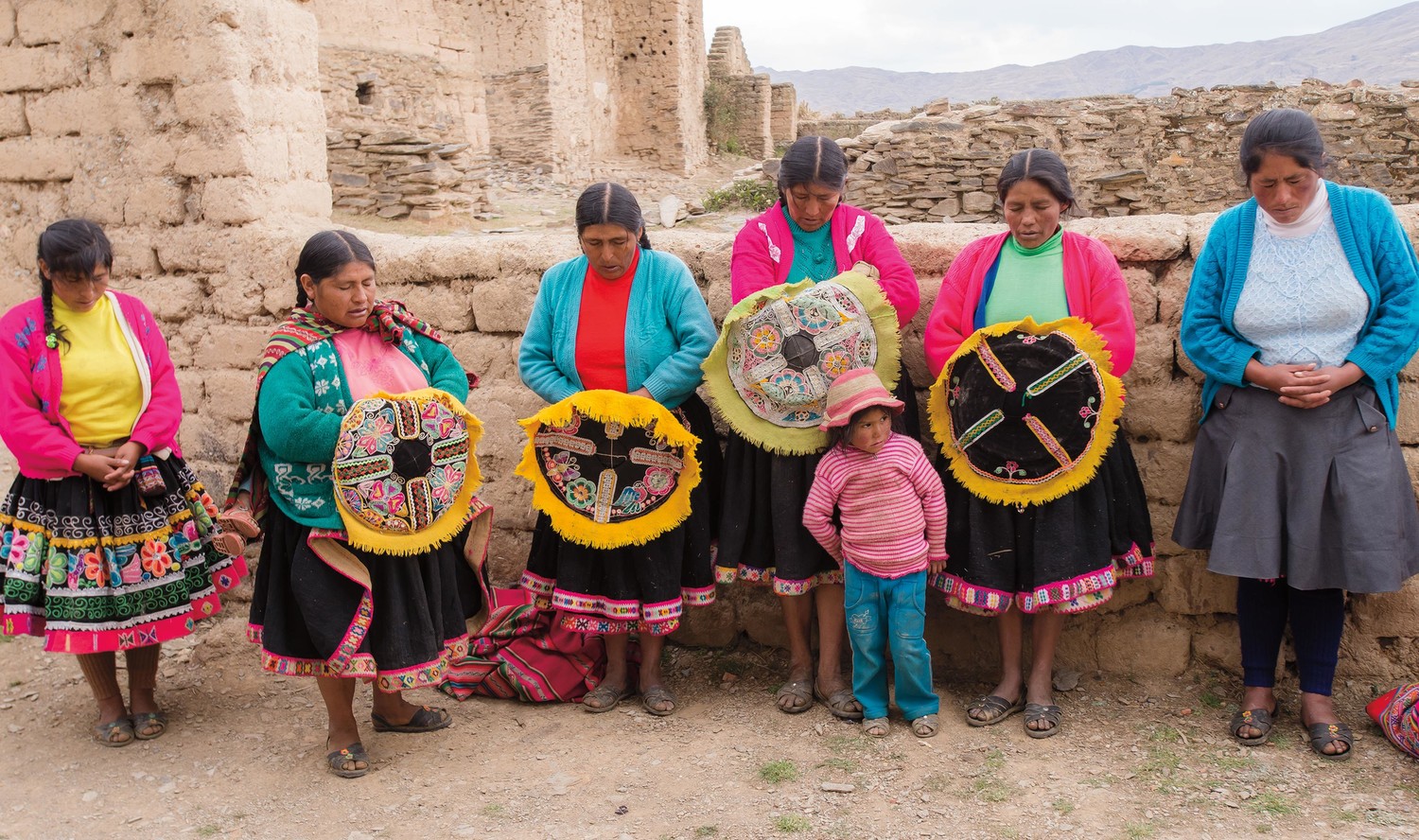For more than a decade, ATEK—an acronym for “the association that shines the gospel to the Quechua-speaking world” —has worked among the estimated 1½ million Cusco Quechua speakers living in remote villages scattered across the rugged Andes Mountains of southern Peru.
Based in the city of Cusco, ATEK’s 10 staff and a few volunteers are currently focusing their Bible-based training efforts on churches in three of the Cusco region’s 13 provinces. If they can raise additional funds, they hope to expand their ministry to reach churches in several remaining provinces.
Led by pastor Fredi Quintanilla, ATEK’s ministries are centred around the Cusco Quechua Bible, published in 1988 by the Peruvian Bible Society. ATEK has distributed more than 15,000 copies so far, at subsidized prices so they are more affordable for the average Quechua family.
However, when ATEK workers first began distributing the Bible, it soon became evident that few Quechua adults could read the translated Scriptures. Women especially are often illiterate, because during childhood most girls quit school early to work in their family fields or care for animals.
In response, ATEK began working closely with SIL, Wycliffe’s main partner organization, to launch church-based literacy programs that so far have equipped more than 6,000 Quechua children and adults—most of them women—to read and write their language. Additionally, Sunday school programs taught by ATEK-trained teachers have introduced some 5,800 Quechua children to God’s Word in their mother tongue.
Other training initiatives include workshops for Quechua church leaders as well as courses that help believers apply God’s Word to issues they face in their marriages, families and communities.
On their way to a remote village high in the Andes, the Word Alive team and their hosts stop to explore a sturdy Quechua rope bridge.
Forming leaders
ATEK’s training programs—especially the literacy component and its impact on Quechua women—have received positive reviews from the United Nations Educational, Scientific and Cultural Organization (UNESCO). The agency’s website says ATEK’s Reading Comprehension Literacy Program “has transformed the lives of the Quechua communities” and among the several results listed is the “empowerment
of women.”
Olga Sacatoomani is a prime example. Since learning how to read her language just a few years ago, the shy, hard-working mother of five has emerged as a dedicated Bible teacher and trainer of Quechua women (see “Out of the Rubble").
ATEK’s director says in recent years he has noticed a growing self-esteem among Quechua women.
“They really want to learn the Word of God and read it for themselves,” says Fredi.
“In my opinion,” adds Fredi, “the gospel itself has caused the women to value themselves in their society, because they want to learn the Word of God and teach their children. They are more concerned about communicating with the family and this has led them to take a lot more initiative.”
While Fredi is pleased by such developments, he knows there is much work yet to accomplish.
“At this point, we are the only organization that focuses on developing Quechua leaders. We still have a huge work ahead with the denominations because many of them don’t understand the significance of using the people’s mother tongue in their ministries.
“I think that will continue to be the role of ATEK: to influence church authorities and others to use the Quechua language.”
•••••
